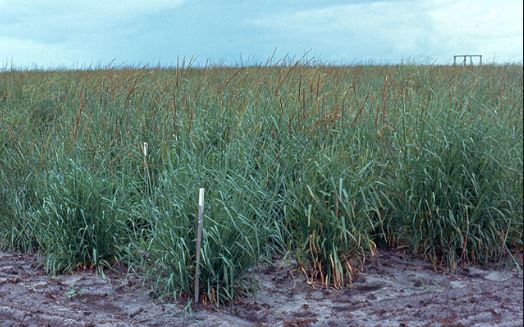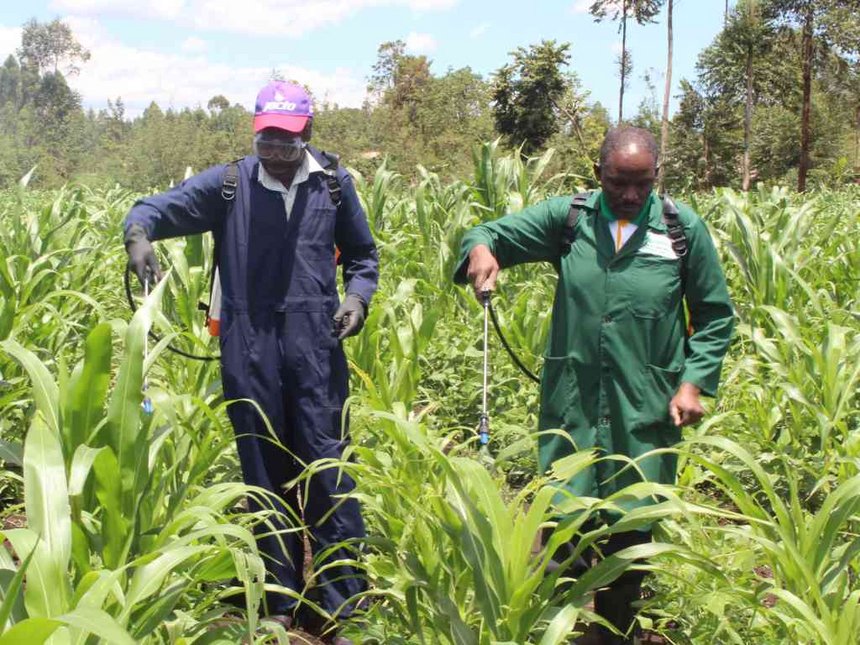 Neam plant leaves. Photo courtecy.
Neam plant leaves. Photo courtecy.
Farmers in Subukia area of Nakuru are cutting the spread of pests by upto 40 percent at zero cost thanks to the freely available neem leaves and seeds that have proven more potent that conventional pesticides.
The neem has an active ingredient called "azadirachtin" that is found in all parts of the tree with the largest concentrations in the seeds that can be extracted and used as an insecticide for the control of more than 400 species of insects. According to Dr. Jacinta Were a scientist who has been involved in teaching the farmers, majority of the species affecting the farmers’ crops have succumbed to the neem therapy which proves its prowess in pest control.
The leaves are pounded in a mortar and the pulp strained in water overnight for application while the dried seeds are decorticated to obtain the kernel. The kernel is pounded, mixed with water and squeezed to obtain the oil. The leaves and the seeds can also be grounded into powder and used directly to dust crops in the field or to protect grain.
According to Dr. Were the major mode of action of the neem is that its properties have been identified to be useful in agricultural industry because they have a powerful insect growth regulator. It also acts as an anti-feedant and as an ovipositor deterrent and the neem does not kill the insects immediately.
RELATED ARTICLE: Coastal region neem tree growers find market from Malindi soap maker
The insects die during their development and there is reduction in the overall population over a period time. Most insects exposed to neem would stop feeding shortly after exposure therefore ending the damage to the plant. The application of the neem according to Dr. Were also inhibits adult insects from laying eggs on treated plant surfaces and this helps to prevent re-infestation of treated crops.
Unlike synthetic chemicals such as endosulfan, neem-based materials have low environmental persistence between four and eight days in the field and are relatively non-toxic to mammals.
"Honey bees, parasitic wasps and predators such as spiders, ants and lady bird beetles are not harmed by neem product. The neem tree offers a safe alternative to conventional insecticide in integrated pests management programme". She said.
RELATED ARTICLE: Neem oil farmer offering elephantiasis remedy to Coast residents
The use of neem is one among many biological and traditional ways farmers are courting to fight pests that have developed immunity against conventional pesticides. The unprecedented rise in the price of pesticides has further pushed farmers to alternative pest control methods.
From ash, cowdung, traditional brew and kerosene oils, the home-made control methods are now becoming a buzz word across farming communities in Kenya.
RELATED ARTICLE: Coast neem oil farmer offers residents elephantiasis remedy
Write comment (0 Comments)
















